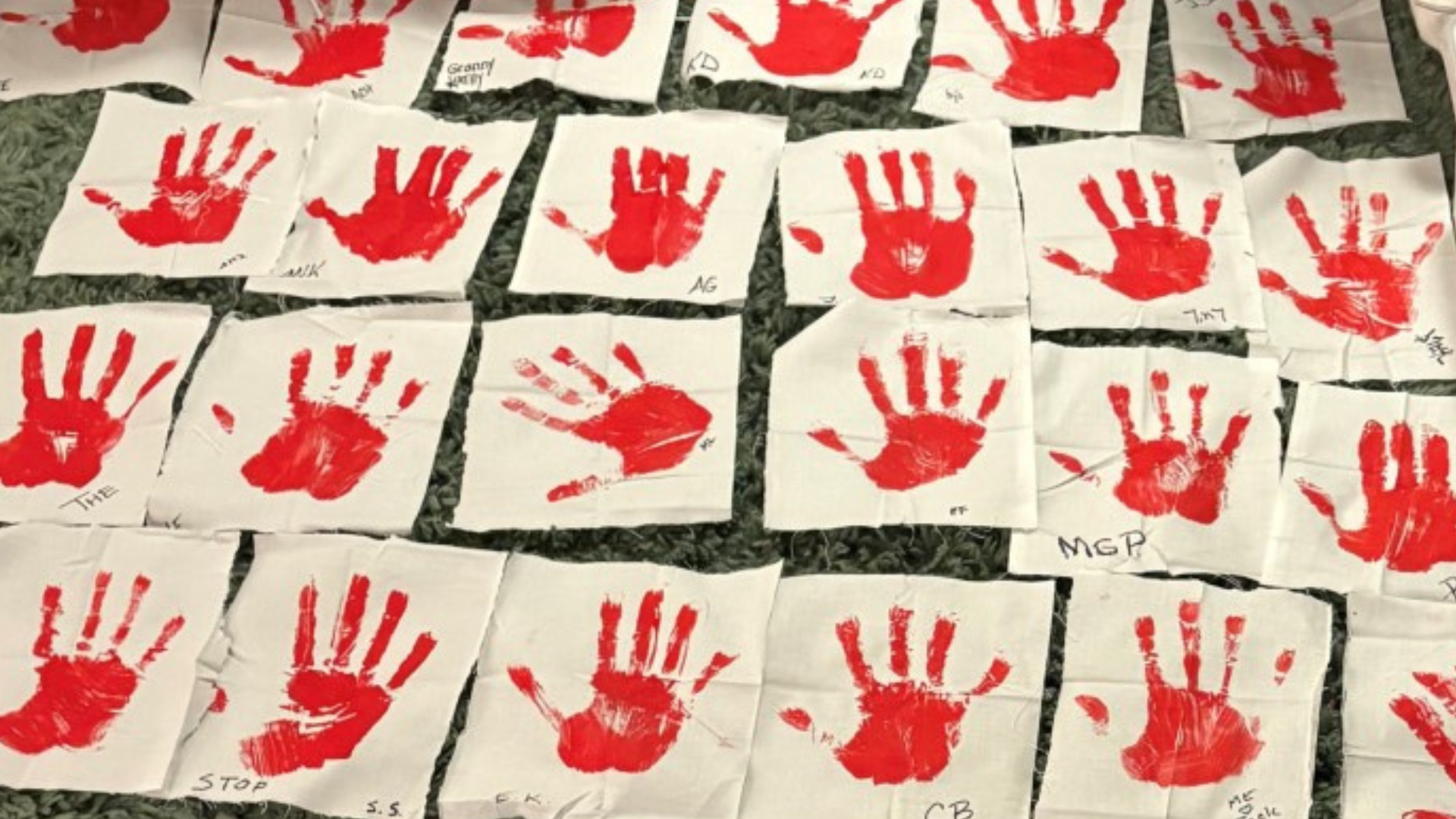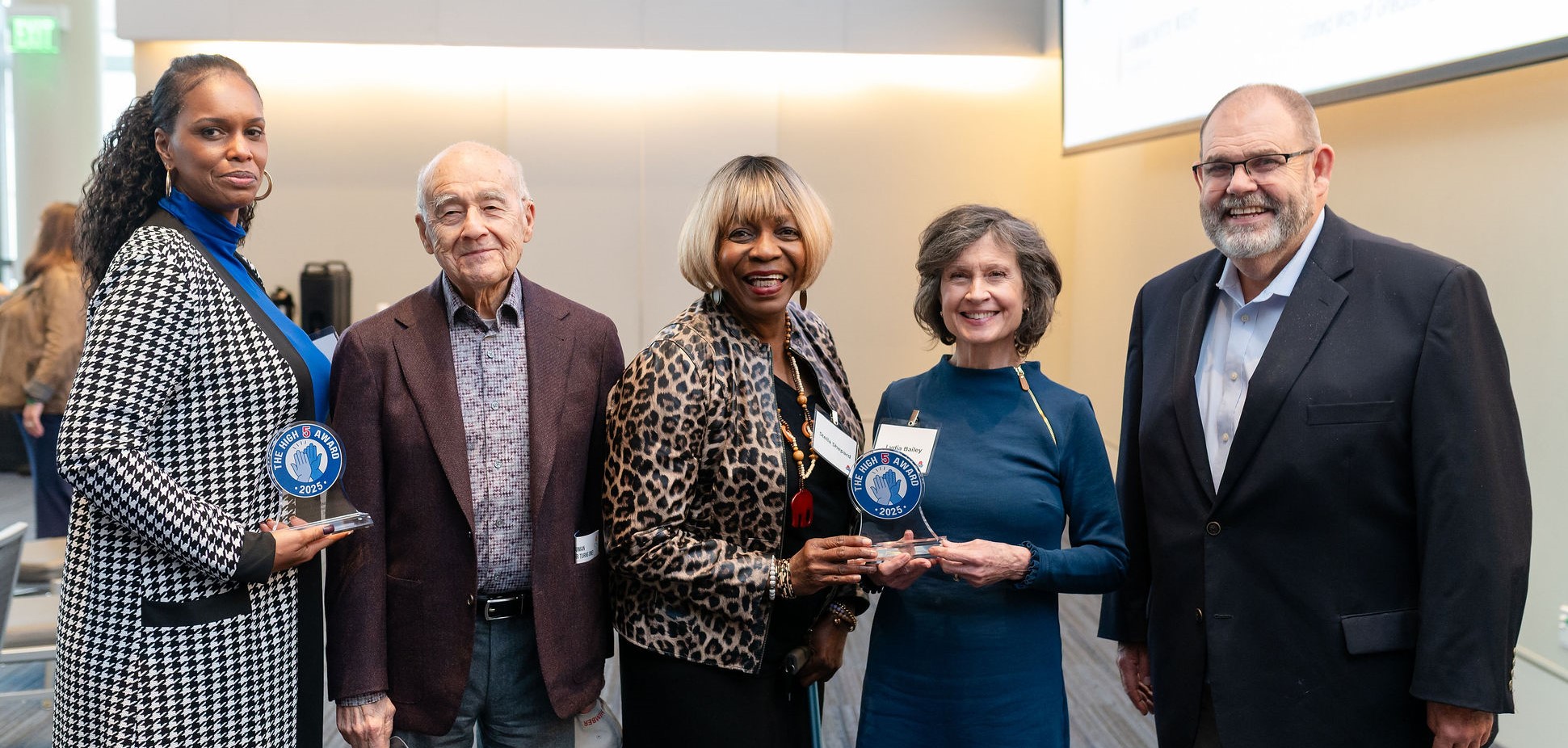One thing that seems to have increased during the past several weeks is discussion of gratitude.
One thing that seems to have increased during the past several weeks is discussion of gratitude.
It’s in public service announcements—“Thanks to first-responders”—in advertising—“We appreciate our loyal customers”—in webinars on mental health—“Keep a gratitude journal”—and even in cute messages on Facebook.
It was especially interesting to hear it highlighted in today’s press conference by Governor Mike DeWine. He referred to On Our Sleeves, The Movement to Transform Children’s Mental Health, and encouraged parents to talk with their children about gratitude. “What are you grateful for?” was the question to spark conversation and help children reflect on good things in their lives.
Children’s mental health matters now more than ever.
According to On Our Sleeves, children’s mental health matters now more than ever. And that makes sense. As adults, many of us struggle through each day of the pandemic, doing our best to understand the science, the policies, the financial impact and the practical ways we can protect ourselves and our families, as well as strangers.
Imagine being a child and struggling to understand why you’re not going to school but can’t play with your friends or visit your grandparent, why mom or dad aren’t going to work, why the library is closed, why a trip to McDonald’s playground is not an option. Virus? Droplets? R-naught? Ventilator? What do those things mean to a child? Nothing but disruption and, perhaps, fear…the same fear of the unknown that many adults struggle with.
“What are you grateful for?” can redirect their thinking. It can make them happier. And it can make them healthier.
Happiness and better health. Sounds like something to be grateful for.








